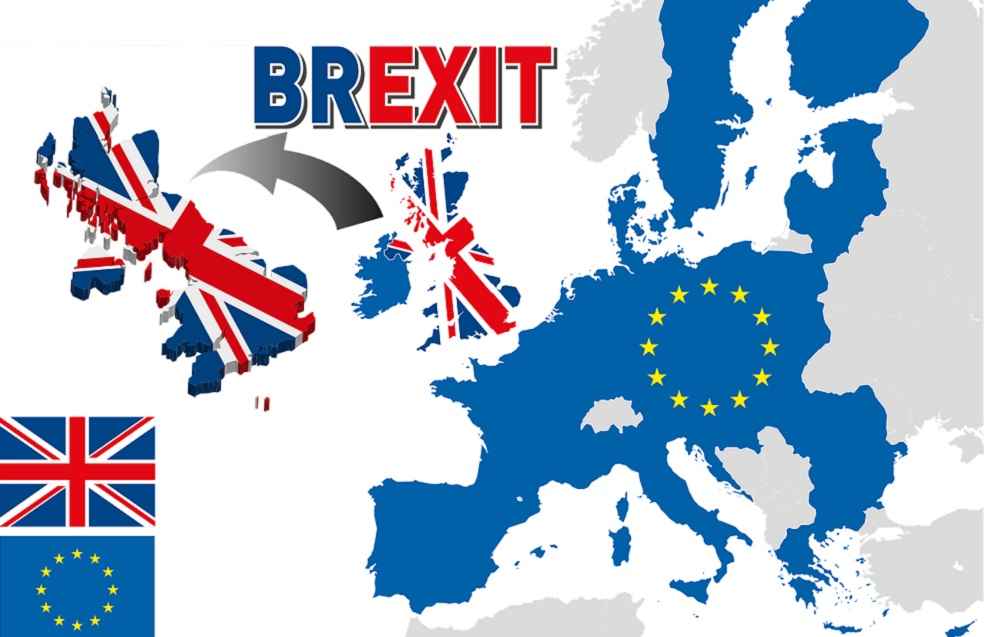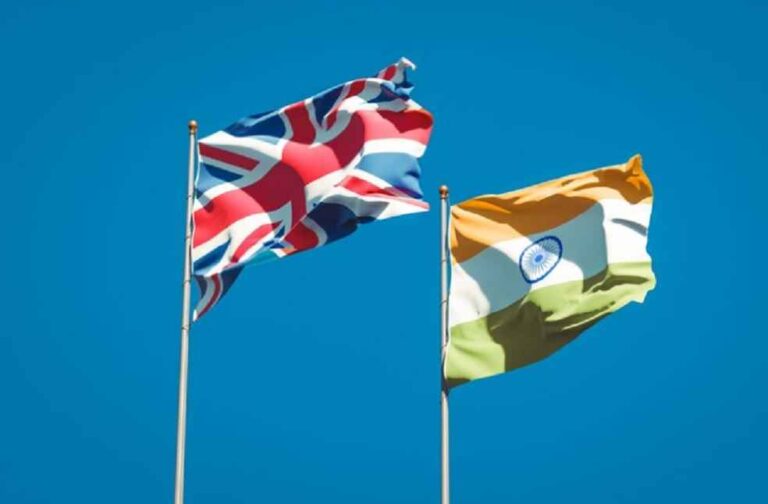Negotiations for a significant India-UK free trade agreement (FTA) are poised to surpass the electoral timelines of both nations, with ongoing dialogues on pivotal market access for goods and services yet to reach a consensus. Despite a concerted push and a series of elevated engagements — marked by a UK delegation’s recent visit to India and an Indian official delegation’s trip to London — the complexities inherent in the agreement necessitate a pause until the emergence of new administrations in both countries.
India anticipates the formal initiation of its election process by mid-March, with the expectation of inaugurating a new government by June. This new administration will subsequently delineate fiscal strategies for FY25 and the ensuing quintet of years. Parallelly, speculative discourse in the UK hints at Prime Minister Rishi Sunak potentially advancing elections to May, alongside some local polls, despite the current Parliament term concluding in December.

This protracted timeline for FTA dialogues also encompasses discussions on a Bilateral Investment Treaty (BIT), indicative of deepening economic ties between India and the UK. The 14th round of negotiations, initiated in January, unfolds within a broader discourse that includes deliberations on easing visa regimes for Indian service professionals and crafting a social security framework for temporary Indian workers in the UK.
India’s strategic patience, particularly in anticipation of a potential shift in the UK’s political landscape, reflects its aspiration for more favorable terms, with expectations that a Labour government might offer enhanced conditions on visas and social security. This strategic wait highlights the FTA’s significance as a pivotal deal for India, representing its inaugural major trade agreement with a ‘Developed Western’ country, and for the UK, a chance to recalibrate its global economic connections post-Brexit.

The FTA’s breadth, covering 26 chapters including Intellectual Property, Digital Trade, and Labour, underscores its ambition to redefine bilateral trade agreements. As discussions progress, the economic rapport between India and the UK has already exhibited growth, with bilateral trade achieving $20.36 billion in the 2022-23 fiscal period.
Both nations continue to pledge commitment towards finalizing an agreement anticipated to bolster trade and investment flows, thereby fostering economic expansion and employment creation. Nonetheless, the intricate nuances of the negotiations and the forthcoming electoral results in both nations suggest that a conclusive deal may materialize later in the year.
LATEST NEWS | China Hits Back at US Trade Barriers, Calls for Peace Amid Tensions



